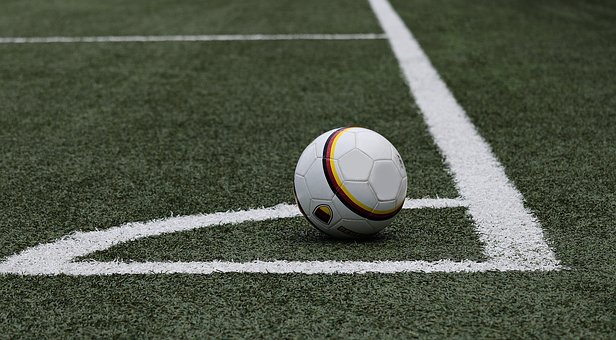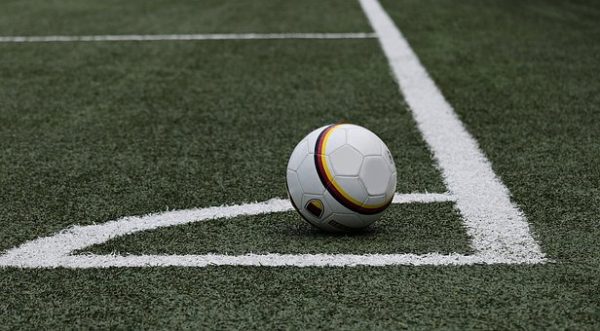The rules that govern the game of football make it one of the most engrossing sports to have ever been invented.
The usual uncertainty of the game and the spontaneity of its players has made football such an interesting sport to watch, and over time, this sport has grown to be arguably the most viewed sport across the globe.
World football governing body, IFAB (International Football Association Board), has made a few changes to the rules of football, some of which are very major changes.
IFAB is the self described “guardian of the laws of football”. The association is made up of four British associations (the FA, SFA, FAW and IFA) and FIFA. IFAB is the only organization licensed with the rights to change the rules governing the game of football.
The four British organizations each have one vote, while FIFA – representing 207 national associations – has four votes.
The rules as decided upon by the ruling associations are expected to take effect across the game in the 2019-20 season.
So, what are the rules?
Freekick
No attacking players will be aloud in the wall.
During a free kick, players on the attacking team are prohibited from being in the wall, precisely when there is a wall of three or more players, attackers are not allowed within one meter of it.
An attacking player found within one meter of the wall when a free kick is taken will be penalized and the other team awarded an indirect free kick.
Substitution
Players can now leave the pitch from any point.
Before now, players had to leave the pitch from the technical area and some times we had to endure unruly slow walks.
Now players must leave the pitch from at the nearest point and make their way straight to the technical area or dressing room to avoid being sanctioned.
Yellow Cards For Coaches
In other to properly curb the irrational behavior of coaches who have issues with their opposites or the referees, officials can now show coaches the yellow or red card.
Penalty Kicks
Goalkeepers must have at least one foot on the line during a penalty.
“Allowing the goalkeeper to have only one foot touching the goal line (or, if jumping, in line with the goal line) when the penalty kick is taken is a more practical approach as it is easier to identify if both feet are not on the line
“As the kicker can ‘stutter’ in the run, it is reasonable that the goalkeeper can take one step in anticipation of the kick.” —
– IFAB
Another modification to the penalty rules states that there will be no rebound if a penalty is saved or hits the post.
This means that players will no longer need to line up on the edge of the area to quickly rush in for the finish.
In the event of a save, the game will be stopped and a goal kick awarded.
Handball
Essentially the rule change for handball will mean that no goal will be awarded if the ball mistakenly strikes a player’s hands before crossing the goal line.
If a player mistakenly handles the ball and creates an advantage or even scores, the goal will not be admitted and a free kick will instead be awarded.
Drop Ball
Unlike before, if play is stopped within the box, the ball will be dropped for just the goalkeeper. In the occasion of a game pause outside the area, the ball will be dropped for the player that last touched the ball. In all scenarios, players will have to be at least four meters (four and a half yards) away from the drop point.
“The current dropped ball procedure often leads to a ‘manufactured’ restart which is ‘exploited’ unfairly (e.g. kicking the ball out for a throw-in deep in the opponents’ half) or an aggressive confrontation.
“Returning the ball to the team that last played it restores what was ‘lost’ when play was stopped, except in the penalty area where it is simpler to return the ball to the goalkeeper.”
— IFAB
Source: Goal.com


